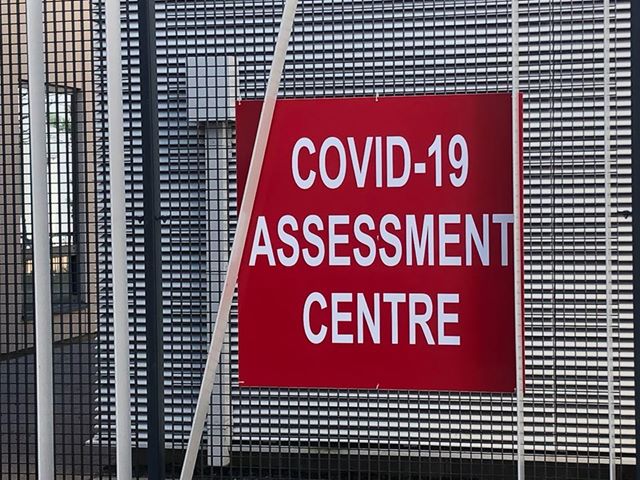A SURGE plan for health and social care in Dumfries and Galloway has been stepped up to Phase 3 in response to the COVID pandemic.
Very great pressures have been experienced by health and social care systems across Scotland over recent weeks. These pressures are now being felt acutely in Dumfries and Galloway and, as a result, we have now escalated our surge plan to level three, The surge plan which was originated at the start of the pandemic helps ensure that resources are always being employed to maximum advantage where they are needed most, and are adapted in response to the pressures resulting from COVID-19.
David Rowland is Director of Strategic Planning and Transformation, and he said: “Very serious challenges continue to be faced by the whole of health and social care within Dumfries and Galloway.
“Throughout the pandemic, great effort has been made to ensure we have been able to respond to the direct challenges resulting from the virus, while continuing to preserve essential services.
“The surge plan which was developed in response to these anticipated pressures has proved invaluable, providing us with a system of planned responses.
“Heading into the weekend, it was determined that various trigger points had now been reached which would move us to Phase 3.
“These include the total number of new COVID-19 cases being identified within the region, the volume of people from the region obtaining support via NHS24 and the number of people in our hospitals with COVID and other conditions including anticipated variance in staffing levels.
“Although the move to Phase 3 signifies that the pressures resulting from COVID itself are increasing, people should be assured that the Surge Plan itself provides an assurance that we are enacting a well-planned response – mapped to these circumstances.”
Phase 3 of the surge plan is enacted when COVID is defined as impacting on the health and social care system to a business-critical level, threatening longer-term business continuity. It sets out that some non-COVID work is focused on emergency activity only, with non-COVID essential staff deployed to areas of high COVID activity. Staff from other agencies or other parts of the system may be deployed to help maintain business-critical services.
Some of the resulting actions include the implementation of a full enhanced medical rota within acute and diagnostics, a review of vaccination programmes, and a review of placement of care for those patients delayed in hospitals – facilitating early discharge wherever possible and safe to do so.
Mr Rowland said: “Our staff across health and social care are amazing, and have shown incredibly resilience and adaptability during what is now approaching two long years of this pandemic.
“Throughout all of this, our staff have been our most important resource. The very marked increases in COVID levels that we have been recording within our community over recent days doesn’t just bring extra work pressures to our staff, but means that many of them have been exposed to the virus outside of work, in their day-to-day lives.
“Please do everything you can to help support our staff at this extremely challenging time by helping to limit the spread of COVID-19, and lessen its impact. Make sure you are fully vaccinated, test regularly, wear a face covering in indoor public spaces, and please consider all your interactions and their settings.
“We have a response plan in place which has so far guided us to this point, but please don’t adopt any complacency around restructured systems which are very highly stretched and quite fragile.
“We’re all in this together, so it’s up to all of us to do what we can to limit the impact of COVID and protect our communities and their essential services.”






